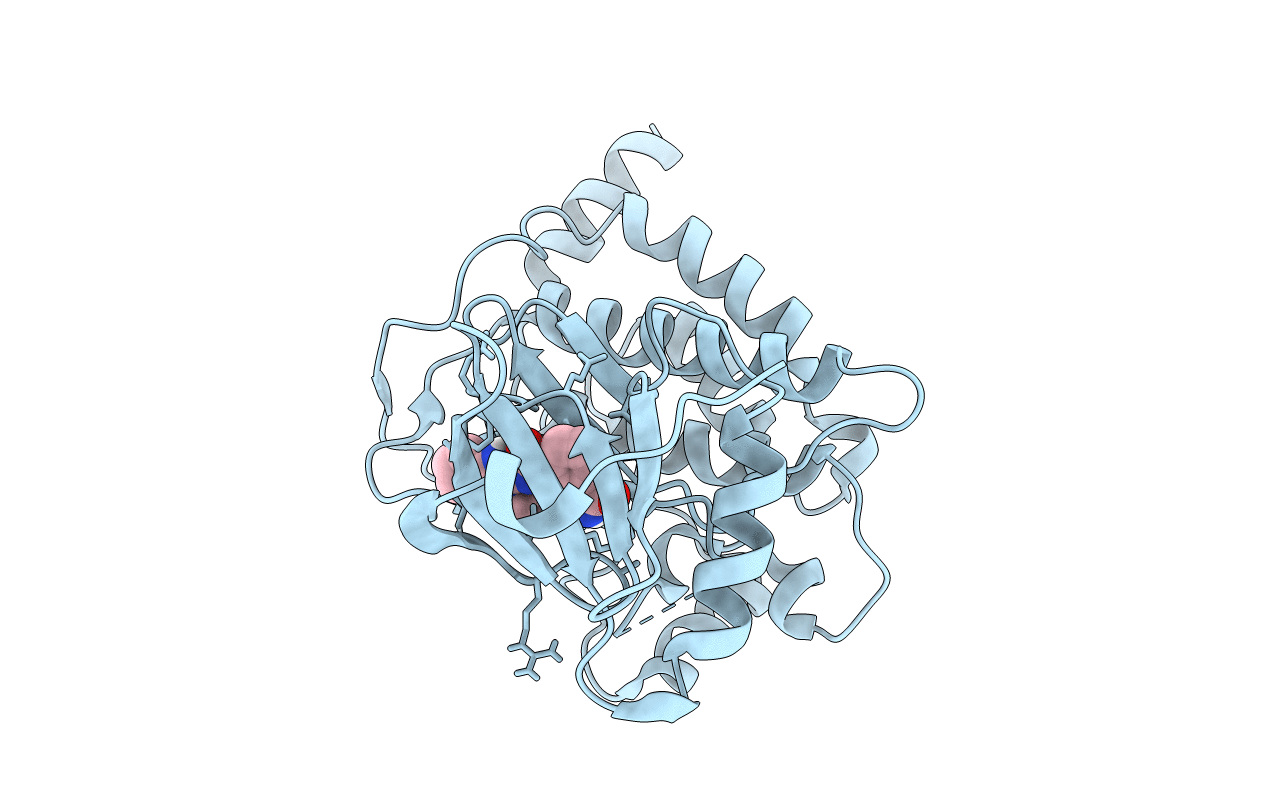
Deposition Date
2017-03-14
Release Date
2017-08-30
Last Version Date
2023-10-04
Entry Detail
PDB ID:
5V5N
Keywords:
Title:
Crystal structure of Takinib bound to TAK1
Biological Source:
Source Organism(s):
Homo sapiens (Taxon ID: 9606)
Expression System(s):
Method Details:
Experimental Method:
Resolution:
2.01 Å
R-Value Free:
0.22
R-Value Work:
0.19
R-Value Observed:
0.19
Space Group:
I 2 2 2


